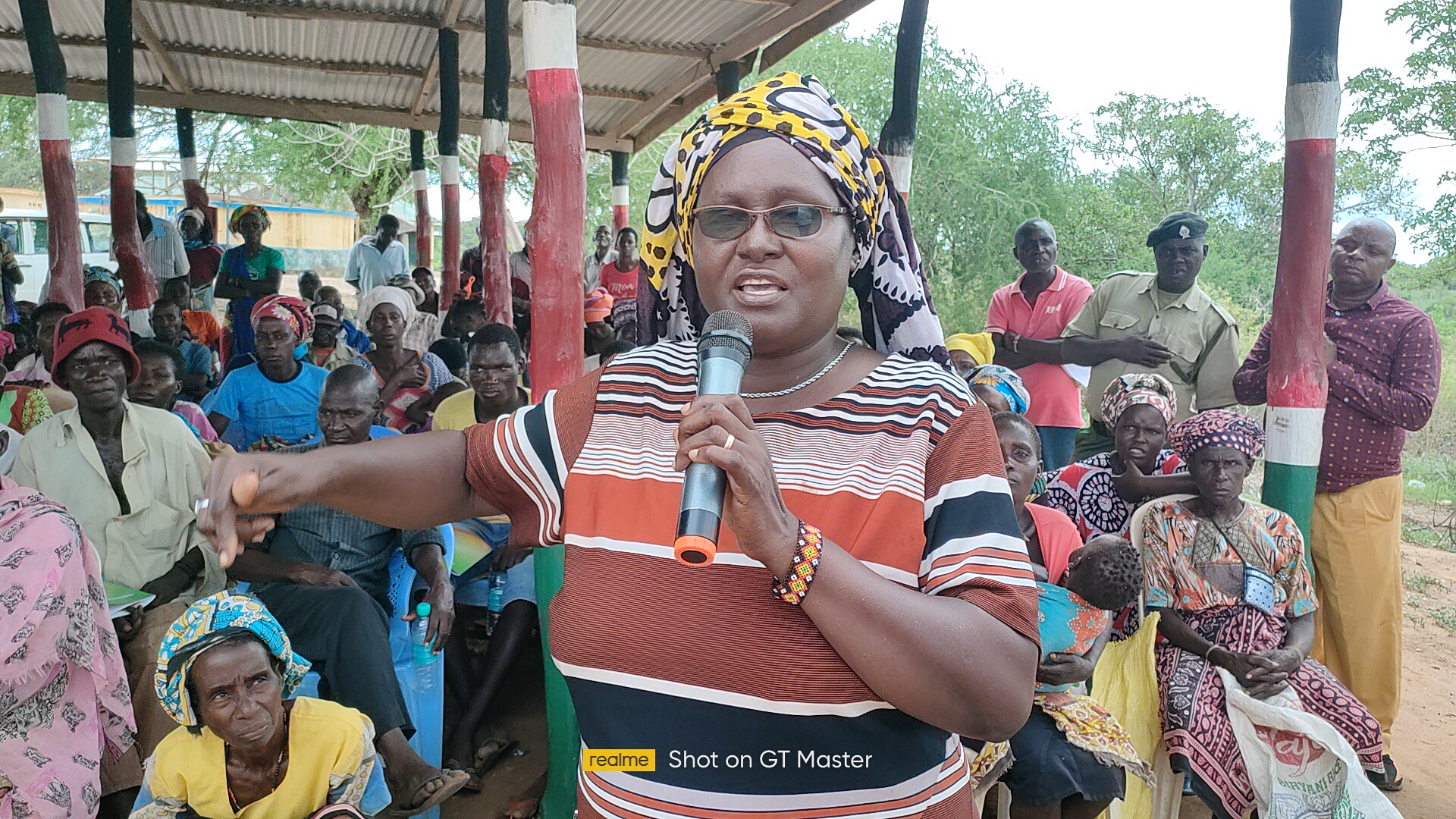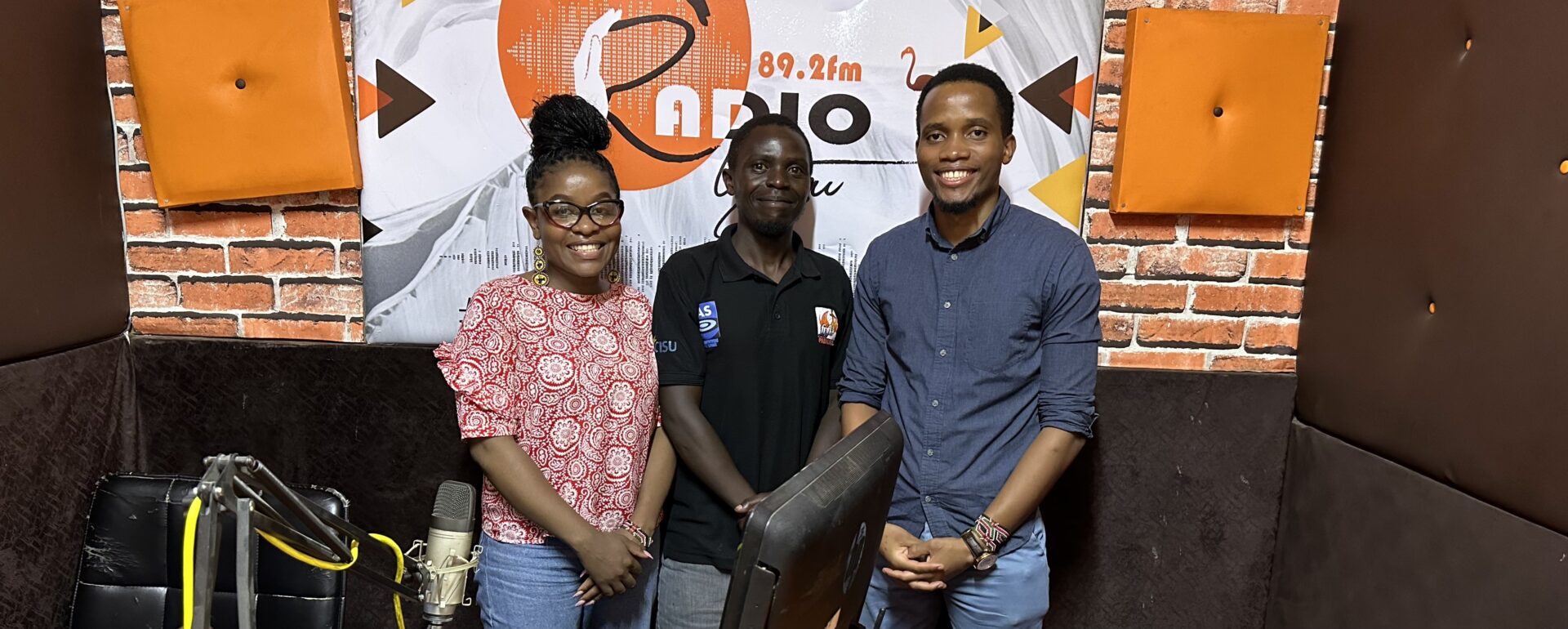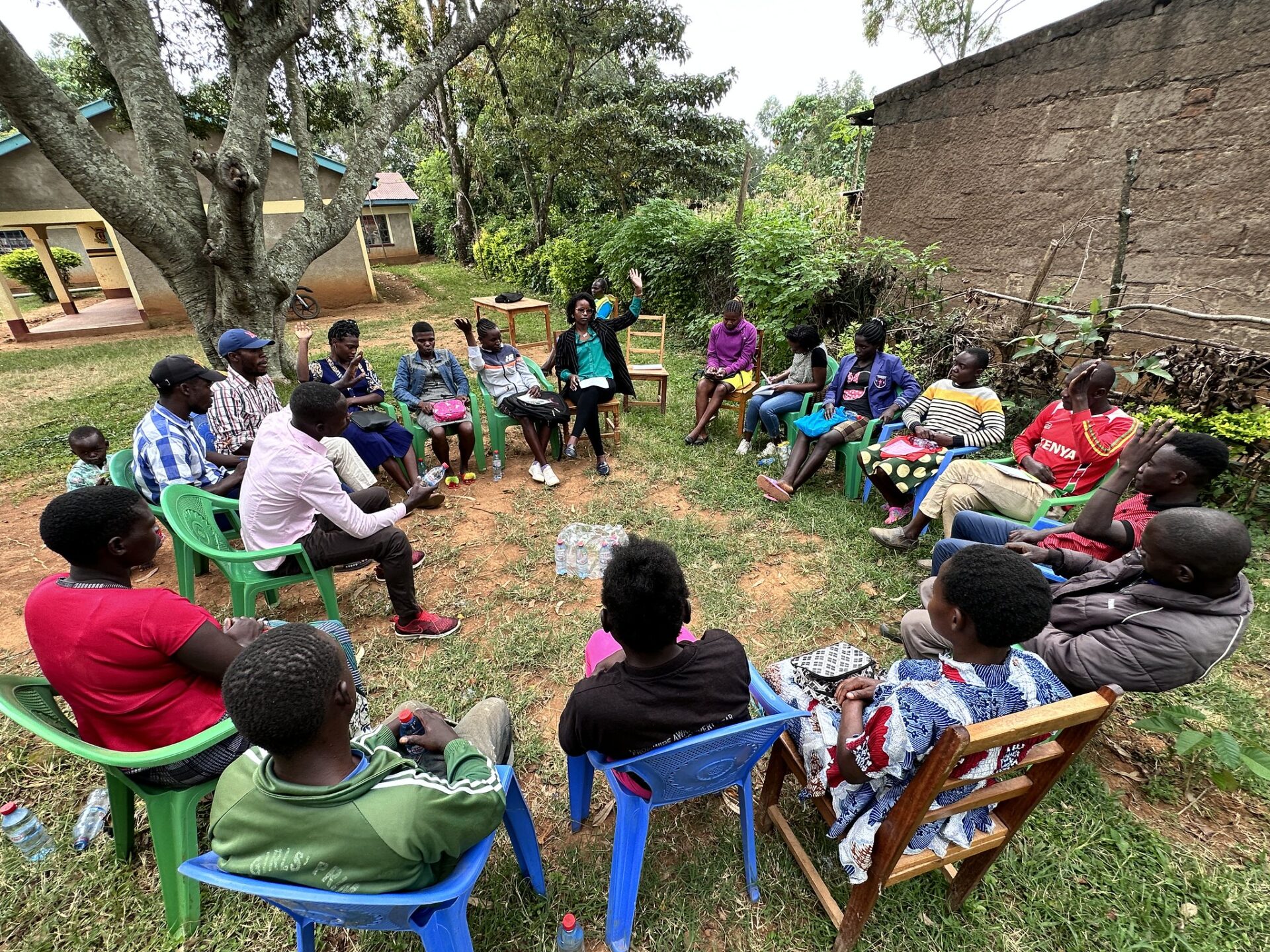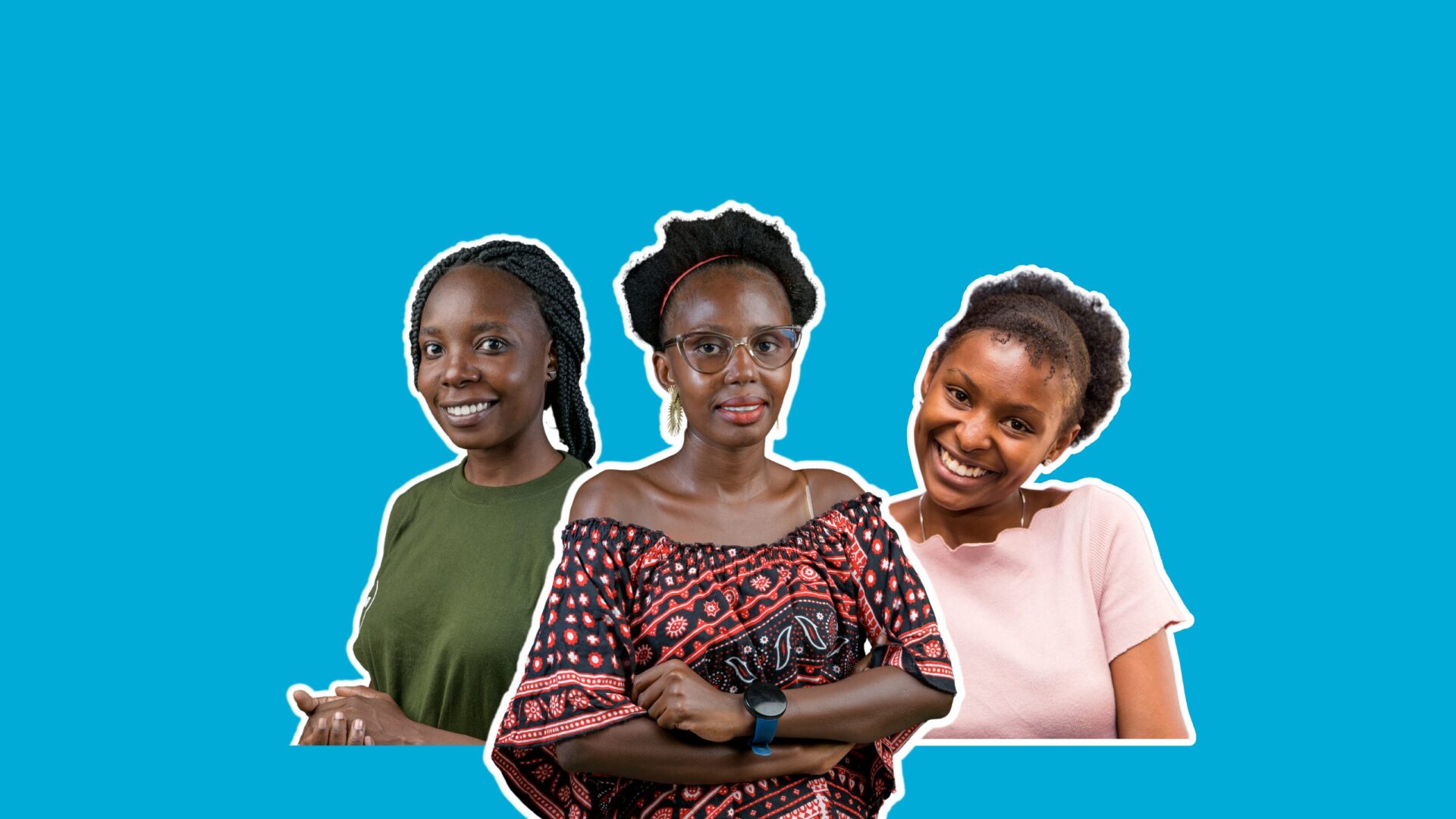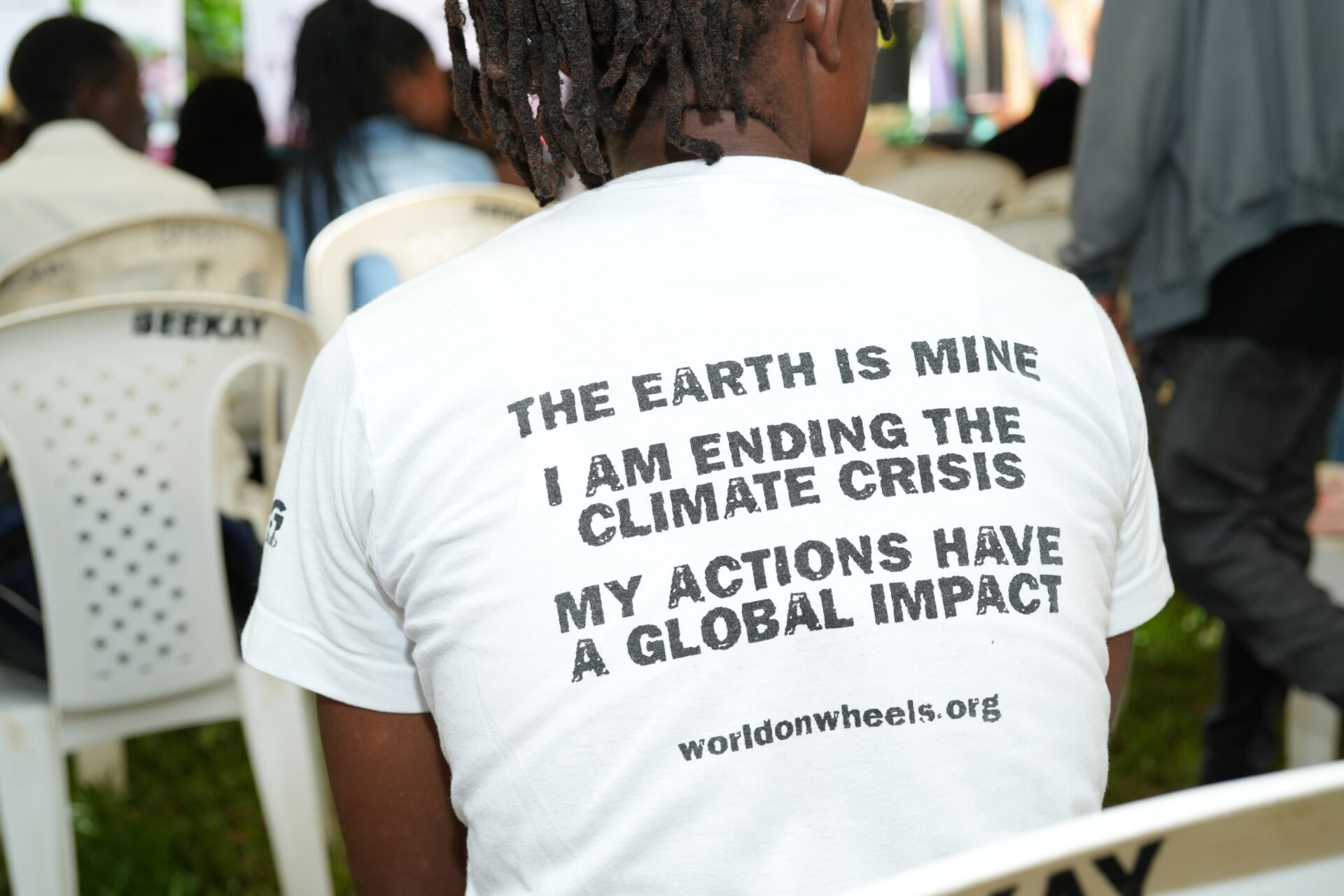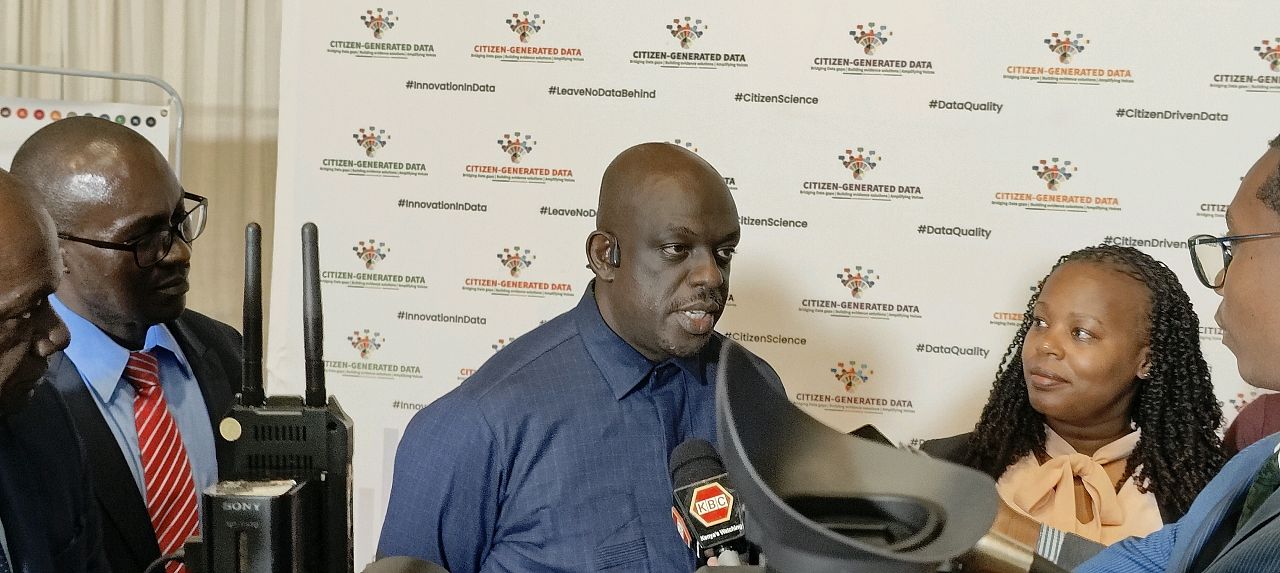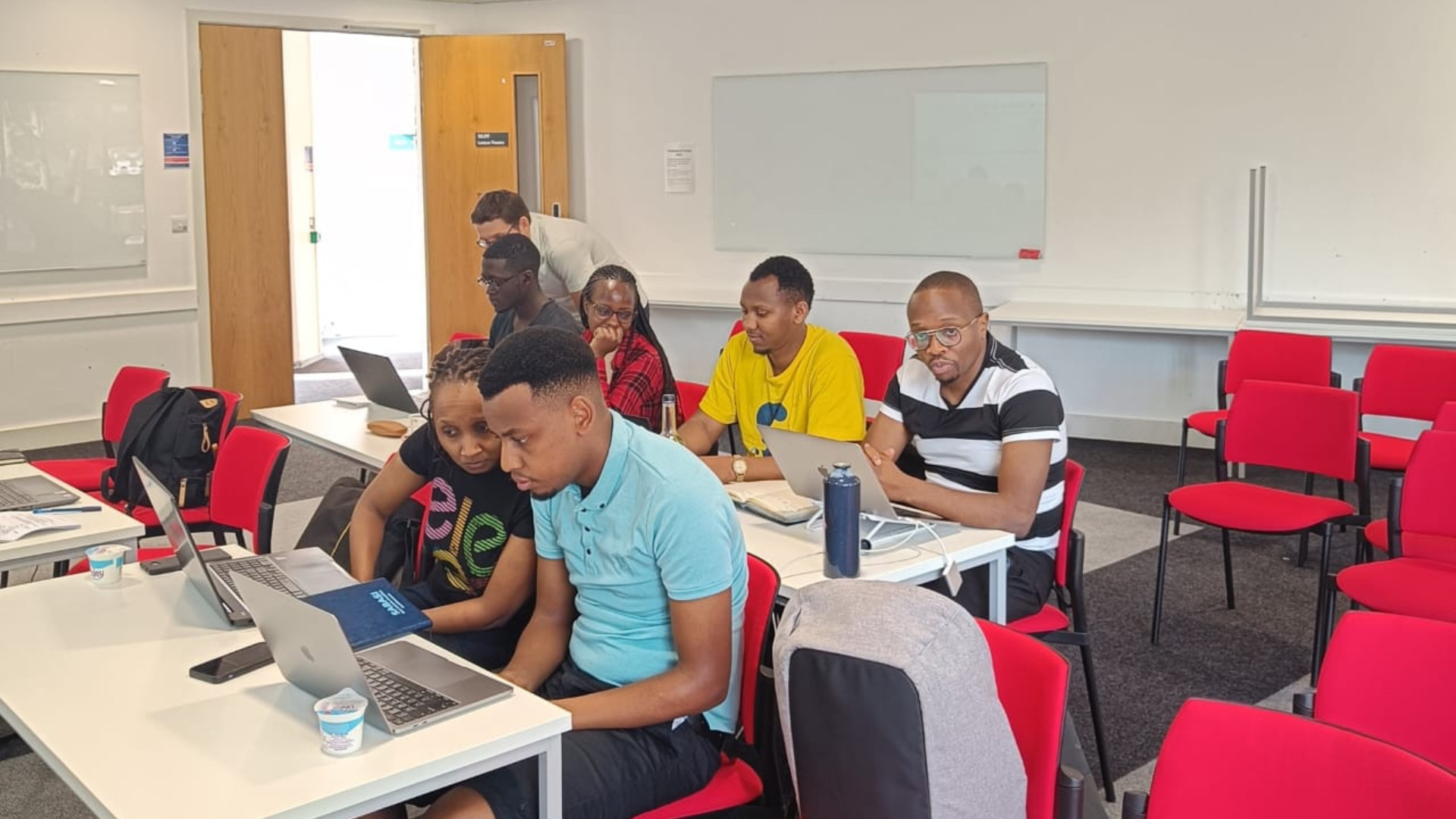At the foundation of strengthening good governance and better service delivery in Kenya lies the ability of the government and civil society organisations to engage with citizens. A major obstacle to the strengthening of this ability is capacity and awareness of citizen engagement best practices and optimal usage of technological tools that strengthen citizen engagement and participation. In the recent past, an overwhelming amount of fund have gone into developing and using technology and software applications in addressing issues of citizen engagement, transparency and poverty eradication. However, there has been no real assessment of the impact these solutions have had in achieving these goals. What technologies have worked? What strategies have been used to measure metrics of impact by the audience the solutions were designed for? How do we address an offline audience as well as an online/digital audience? Are there ways in which donors are able to make better investment decisions towards funding technologies and solutions?
In a recent blog post by Oxfam, the issue of the limits of the impact of technology on transparency and development was discussed.
“Ideas that hold the most promise can also be the most deceptive; for their power and allure can mask the inconvenient hard thinking that come in the way of a good story. The use of technology in development, and in particular its potential to close the gap between citizen voice and state responsiveness, is one such idea” Rakesh Rajani
Some important lessons as highlighted in the post by Rakesh:
- Just because technologies can allow us to collect, store, analyze and communicate data and ideas in unprecedented ways should not lull us to think they can address old, entrenched problems in unprecedented ways.
- We need a deep understanding of human motivation; of why people – on both the ‘citizen demand’ and ‘responsive state’ sides – would choose to pay attention, take action, and persist when setbacks happen, and a more granular (than just ‘citizens’ or ‘authorities’) of those who would act.
- However smart we are or however well we do our homework, we are bound to not get it right the first (or second or third) time. That being so, what matters is how we test and tweak, and retest and re-tweak; setup agile feedback loops in a structured manner; and establish internal incentives and external relationships that can foster a culture of iteration and learning.
These and many more questions have, over the past couple of months, led Open Institute and Techsoup Global to discuss the creation of an event that gave rise to Buntwani 2014.
Buntwani brings together government officials (from both the national and county governments), civil society organisations, the private sector, media and other sectoral players to share knowledge and information relating to citizen engagement and participation. Buntwani will also enable technology innovators to showcase tools that are available for strengthening citizen engagement and participation as well as improvement of service delivery, and discuss with various stakeholders the strategies that have been used to make these tools a success.
This year’s theme of Buntwani is “the potential of ICT in strengthening citizen engagement and participation”. In order to make this an all inclusive process, we have asked the community and stakeholders to contribute to our call for submissions which can be found here: http://www.buntwani.org/call-for-submissions/
ABOUT THE OPEN INSTITUTE
Open Institute is a think-do tank that works with governments, civil society, private sector companies, media organisations and others to realise citizen driven open societies in Africa. We aim to do this through various community level initiatives and forging partnerships with other organisations in this space.
We envision a world where citizens have freedom to participate in their society’s governance and development and the power to influence change. In the world that we envision, every human being has a voice that is heard by their leaders and other citizens and their governments listen and are responsive to the citizens’ needs.
We work to develop an open society, managed by informed, fact-driven citizens. All of our programmes and activities are geared to:
- Eliminate poverty by harnessing the power of active citizens and effective and sustainable use of data and technology
- Support the inclusion of citizens in governance, finance and development of their society
- Support and promote listening and responsive governments, particularly in Africa.
- Guide and support the crafting of Policy and decision making especially in regards to programs that affect grassroots policy.
For more information about Open Institute, please visit https://www.openinstitute.com
ABOUT TECHSOUP GLOBAL
TechSoup Global is an international network of 51 partner NGOs serving 79 countries in Africa, the Americas, Asia Pacific, Europe, and the Middle East. For over 25 years, it has leveraged technology to build NGO capacity towards solving social problems in local communities and fostering global social change.
TechSoup Global’s core capabilities include running one of the largest technology philanthropy programmes in the world; providing NGO validation services to funders and corporations; gathering, analyzing, and distributing global social sector data; and catalyzing community-oriented technology innovations. Powered by a social-enterprise business model, this work is grounded in collaborations within the social sector and beyond. TechSoup Global is a connector across sectors, bringing the widest range of stakeholders together – NGOs, government agencies, social enterprises, technology activists, foundations, and 90+ leading technology companies such as Microsoft, Adobe, Symantec, Cisco, and Intuit.
TechSoup donation programmes connect NGOs, charities and libraries to donated and discounted technology products, knowledge resources, and expert communities. NGOsource is a new online service for U.S. grantmakers to quickly receive equivalency determinations, which are legal certifications that a non-U.S. NGO is equivalent to a U.S. public charity, thereby reducing the cost and complexity of international grantmaking.
For more information about TechSoup Global, refer to http://www.techsoupglobal.org

